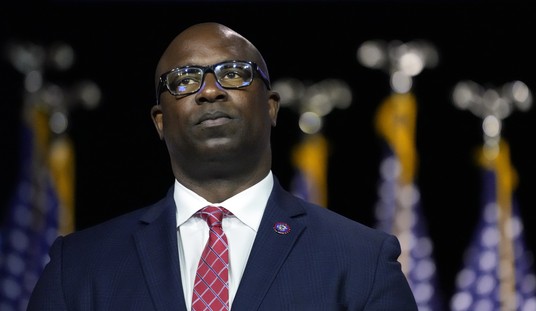In his State of the Union address last month, President Obama raised some eyebrows in saying “I’ve approved fewer regulations in the first three years of my presidency than my Republican predecessor did in his.” While some of the President’s critics immediately figured him to be playing around with the numbers, others took it as evidence that the Administration might be more pro-business than it is usually portrayed.
In reality, the statistic was solely a measure of the quantity of regulations, and not their impacts. As the Annenberg Public Policy Center’s website FactCheck.org wrote: “It’s true (barely) that Bush issued more new regulations than Obama at the same point in their presidencies — but Obama didn’t mention that his cost more.”
Unfortunately, when it comes to our current government and regulation, the reality is that where there’s smoke there’s fire. When one counts “economically significant” regulations, as the Competitive Enterprise Institute has, he or she sees that President Obama has issued 953 in his first three years in office, compared to just 30 that were passed in the first three years of the Bush Administration. This is the more meaningful number, as it shows which regulations have impacted small businesses and made it more difficult for them to expand and hire.
The same numbers also show that economically significant rules affecting small business have also increased substantially. During the first three years of the Bush Administration, 16 new rules of economic significance were issued, compared to 257 in the first three years of the Obama Administration. It is highly concerning that the millions of small businesses in the country, which have historically fueled our economy, are being so uniquely affected by current policy.
Recommended
I am not anti-regulation. I absolutely recognize its importance in preventing exploitive or dangerous activities, and I am truly proud of America’s history of protecting workers and resources. Yet the pendulum has swung so far these days that I regularly hear small business owners asking why the government seems to have it out for them, going so far as to kill previously-approved projects at the owner’s expense. Everywhere I go, I hear from business owners who are genuinely confused by new governmental regulations, and frustrated with the obstacles that prevent them from hiring new workers. What’s going on now is unacceptable, and it makes no sense during this current time of economic uncertainty.
What’s perhaps most significant about the current pace of regulation is the circumstances. The past three years have been bleak, and small businesses have greatly struggled to get by. Perhaps it is sensible to consider tinkering with regulatory policy during an economic boom, but it is extremely harmful to recovery to be doing so during a time of economic distress.
America’s businesses need all the freedom they can have to get back on their feet and start growing, and that is exactly what will lead to our economic recovery. We want businesses to feel confident enough to undertake new projects and hire new workers, not terrified of the bureaucratic traps that might lie around the corner.
Slowing the pace of regulation would be a big step on the road to economic stability. It would renew confidence that our government is working on our side, instead of against us. The longer we wait, the more small businesses will feel uncertain about the future, and unable to get America back to work.

























Join the conversation as a VIP Member